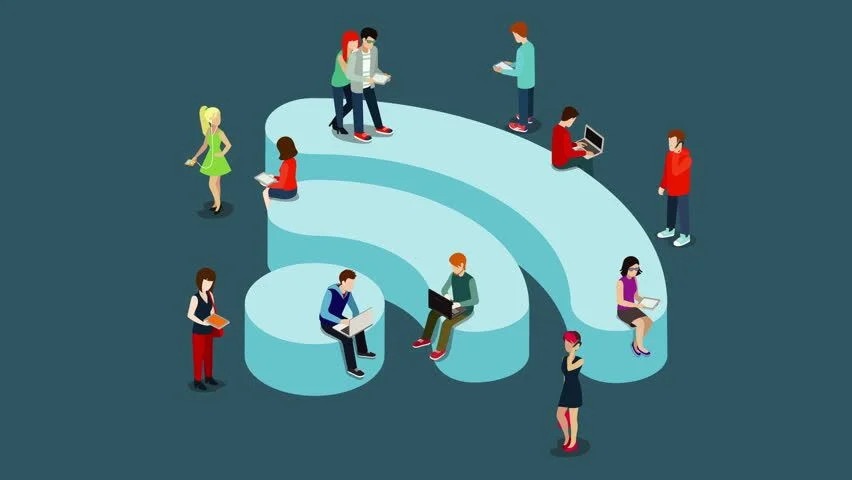Do you like to frequent public Wi-Fi networks? How safe do you think you are while you use them? Whether you like to connect at your favorite restaurant or local bookstore, public Wi-Fi is less secure than your home internet network. If you have to use it, it’s smart to keep your wits about you and stay safe while you surf. Here are five tips you can use to stay safe when you connect to public Wi-Fi internet network.
- Don’t Give Away Too Much Personal Information
You can never be too careful while you’re using public Wi-Fi. While you’re connected don’t give away too much of your personal information like email addresses or phone numbers. Always assume that whoever is providing the free public Wi-Fi can see what you’re doing, especially if you do not read the terms and conditions carefully enough before accepting them. Some stores and restaurants will state within their terms that they do use some of that information to remember you and market their service to you later. It is generally harmless, but that’s personal preference if you want the extra marketing or not.
- Avoid File Sharing
While you’re connected to public Wi-Fi, using any file sharing service is risky. You’ll want to turn off all file sharing on your connected devices. Keeping it on, even if you’re not using it leaves your personal files open for the taking and allows cybercriminals to give you dangerous files you do not want without you even knowing about it.
- Connect To The Right Wi-Fi Network
Stick to public Wi-Fi networks you know at businesses you go to. If you’re just walking by and there’s an open network, it could be a trick. They’re not making money off of you so why would they allow you to connect to it for free? But if you’re at your favorite restaurant or bookstore, their Wi-Fi network is probably safe. Look for signs on how to connect to their Wi-Fi before connecting to any networks. Sometimes cybercriminals will set up fake networks with a similar sounding name as the legitimate one.
- Use A VPN
If you already use a VPN then you know that it is the safest and most secure way to surf the web on public Wi-Fi networks. If you’re unfamiliar, VPNs will encrypt your data travelling to and from your device. This will make it harder for cybercriminals to see what you’re doing or grab your personal information. VPNs aren’t free, but if you frequent public Wi-Fi or have security concerns, a VPN might be the way to go.
- Stay On HTTPS Only Sites
If you don’t use a VPN, make sure you’re only visiting sites with the “https” in the url or the padlock in the web bar. This means that the site you’re visiting is encrypted and any information you enter is safe from cybercriminals seeing. Staying on https websites isn’t as good as a VPN, but is a must when you’re in a pinch for Wi-Fi.







